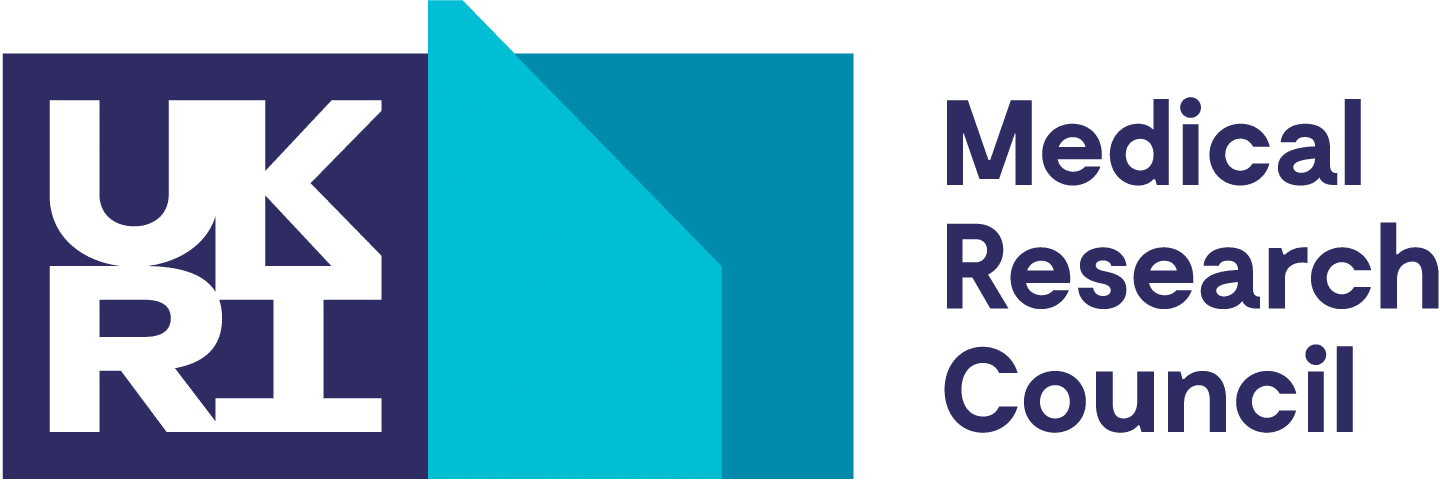Royal Institute of British Architects, 66 Portland Place, London, W1B 1AD

The inaugural UK Regenerative Medicine Conference opened its doors to leading scientists, showcasing the outstanding research that makes the UK a world leader in this fast-moving field.
Delivered by the UK Regenerative Medicine Platform (UKRMP) in partnership with UK Research Councils and the Cell and Gene Therapy Catapult, the two-day conference covers topics ranging from tissue regeneration to methods of cell and tissue replacement.
The conference brings together researchers from the UK and across the globe to present and discuss the latest advances in regenerative medicine. This interdisciplinary field has the potential to completely change the way we care for patients by helping to develop new treatments for a wide range of debilitating conditions.
Regenerative medicine also offers huge potential to support the UK economy; the sector in the UK is expected to create 15,000 jobs by 2020 and generate £5 billion of revenue by 2020. Statistics published by the Cell and Gene Therapy Catapult show that investment in the cell and gene therapy industry in 2015 was over £400m at year end compared to £35m in 2012.
There have already been significant clinical advances thanks to regenerative medicine, with products available for skin regeneration for burns patients, the treatment of anaemia, cartilage repair in the knee, and the treatment of ulcers in people with diabetes.
One example of UKRMP-funded research is the potential of using stem cells to treat sight loss associated with age related macular degeneration; the leading cause of blindness in people over 60 in the western world. Professor Pete Coffey, at UCL Institute of Ophthalmology, and his team are transforming cells taken from skin biopsies into stem cells. These stem cells will be converted into eye cells that will be transplanted back into patients’ eyes to preserve their sight. Stem cells from trial participants are currently being grown and it is hoped these can be transplanted to patients when regulatory approval is received.
A number of other regenerative treatments are also entering clinical trial, which should, in time, provide next-generation products offering treatments with long term benefits or cures for a range of conditions.
One of the presenters at the conference is Dr David Hay from the MRC Centre for Regenerative Medicine at the University of Edinburgh. Dr Hay’s work focuses on the use of human stem cells to produce liver cells in the lab. The liver plays a vital role in the detoxification of foreign substances from the body. Dr Hay’s research gives crucial insight into how the liver reacts to varying levels of drugs in the body.
The cells grown in Dr Hay’s lab could prove invaluable to industry in drug development as they can provide a consistent and easily reproducible supply of human cells. It is hoped that eventually an artificial liver could be grown using these cells that could work alongside the body’s liver. This would reduce the stress experienced during acute liver failure, allowing the body’s own liver to recover naturally.
Leading regenerative medicine researcher Professor Molly Stevens from Imperial College London is also presenting at the conference, discussing her work on designing and developing bio-inspired materials, tissue engineering and biosensing.

Image: Professor Molly Stevens presenting at the conference
Professor Stevens’ work will help to build artificial tissues that mimic normal cartilage structure and function, and could be used to repair damaged cartilage in joints, providing a much better treatment for patients than is currently available.
Dr Rob Buckle, UK Regenerative Medicine Platform (UKRMP), said: “UKRMP is a crucial link in the chain that brings research from the science bench to the patient’s bedside. It provides the backbone for future discoveries and will generate real improvements in treatments for patients – from burns victims to arthritis sufferers to patients with Parkinson’s disease – and will help to further stimulate our economy.
Developing a strong relationship with academia and industry partners remains at the heart of what we do. To date 17 Universities and over 20 companies and are on board. Regenerative medicine is a jewel in the crown of UK science expertise and shows how the UK really is the best place to do research.”
The full agenda for both days of the Conference can be downloaded as a PDF through the link here.






